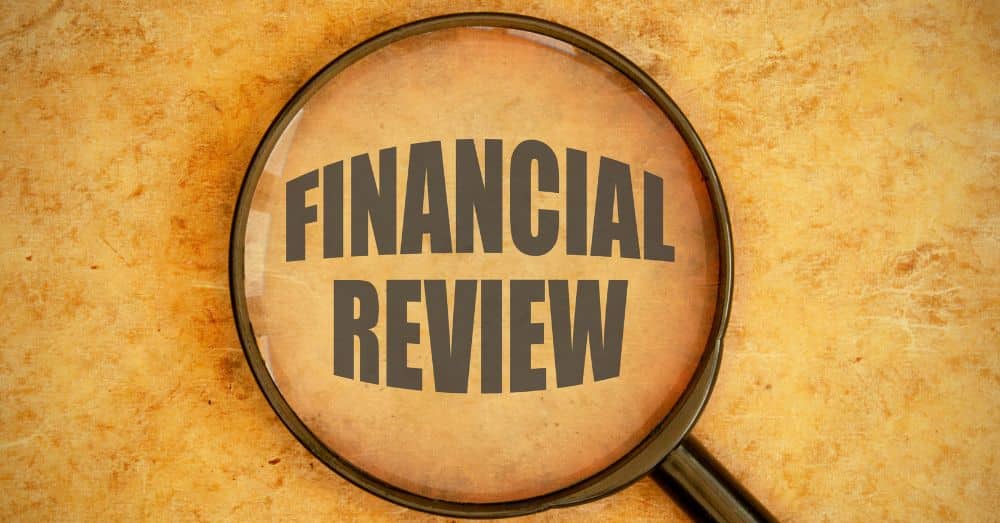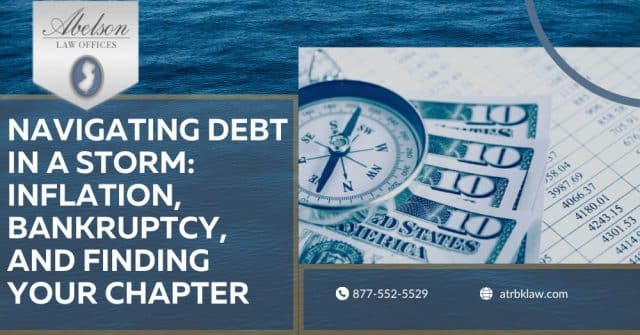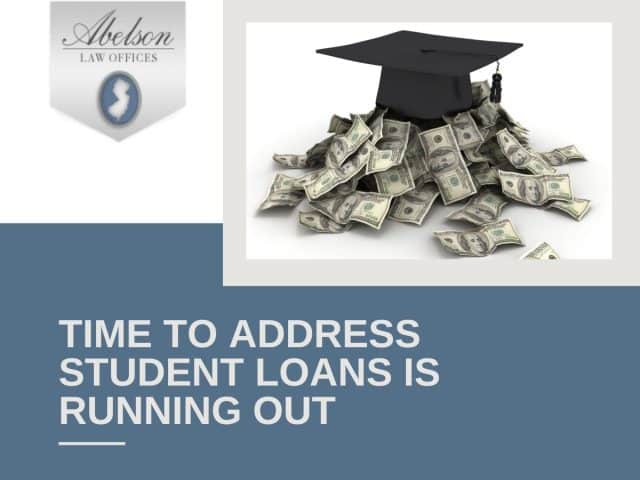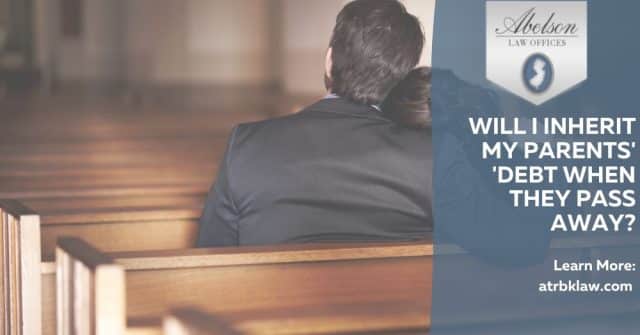Let’s face it; this has been a wickedly rough year for almost all of us. As the country slowly starts to pull out of this Covid 19 downturn and the federal and state disaster programs that are offering various stimulus packages, extended unemployment benefits, moratoriums preventing evictions, and foreclosure sales will all start to recede and disappear. It is time to examine what life will look like going forward. It may be necessary to look at other options to save one’s home or to deal with the ever-mounting credit card debt.
Clearly, Bankruptcy is not for everyone and we as a matter of practice look at other less invasive remedies before suggesting relief under the Bankruptcy Code. However, doing nothing is rarely the right answer. If eviction or foreclosure is pending, delay can often result in the loss of one’s home. If the arrears are low enough, or if there is access to a lump sum, the often arrangements can be made directly with a mortgage company to avoid foreclosure and most landlords would rather have the rent paid than evict. But if for whatever reason those options do not work, Chapter 13 Bankruptcy is designed for this purpose, to provide individuals with a five-year (60 month) plan to bring those arrears current.
For unsecured debts, one must be honest with themselves and examine the total debt and determine if there are viable options short of filing for bankruptcy, such as a Debt Management Program through a non-profit credit counseling agency or an individual debt negotiation (rarely are the as-seen-on-TV Debt Settlement Companies who promise the moon a good option, beware of the fine print). If the debt is small enough, most of the creditors are or will be offering repayment options. All of this must be reviewed in light of the impact on the credit – and most importantly, the likelihood of success. The only thing worse than unpaid debt is throwing good money after bad money towards unpaid debt and never recovering from it. A rule of thumb is that if the total unsecured debt exceeds 20% of the household gross income, it becomes difficult to satisfy that burden even over time. Simply stated, by the time one pays the housing expenses, food, insurance, medical needs, etc., etc, there simply is not enough income available to pay even the minimum payments and one never eliminates debt by merely paying the minimum payments. Those numbers are artificially low and designed to maintain and even increase your debt load.
Our office is uniquely qualified to assist in a total financial review of your circumstances. Please contact our office for a free virtual consultation from the comfort of your home. We will provide you a debt planning guide to assist and discuss ALL of the options that may be available to you.




